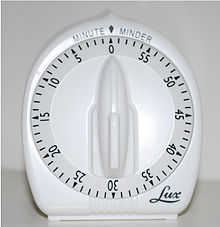My editor continues to plow through Annihilation and has been sending me chapters at a time. The book is so much better with her help. However this means that it is still not published so it is not making any money. That keeps me squarely in the loss column. Details are at the botom of the post.
I actually kind of liked my Fiverr cover from the first go round but thought it could be a little better. So I threw another $5 into the pool and got a second cover. Then I watched a replay of +Guy Kawasaki and +Shawn Welch APE'ing a few books. The art used on my covers was not original and my guess is that the designer did not have rights to pass on to me for commercial use. As I result I posted the job on Elance and have a professional designer working on the project. When the transaction is complete I'll include it in the loss column.
The other expense I incurred was a barcode for the print version of the book. I hadn't origianlly planned on doing a print version but some of my reading in the last two weeks has led me to change my mind on that topic. I'll do another post on the subject but the barcode cost me $25.
Starting from the last update on profit and loss I have spent $295 on my book so far. The breakdown is as follows
- $265 itemized earlier
- $5 for second cover from Fiverr
- $25 for a barcode from Bowker
I'm still not including some services that I know are technically expenses related to my book. I still contend that I would have them even if I weren't trying to publish.

